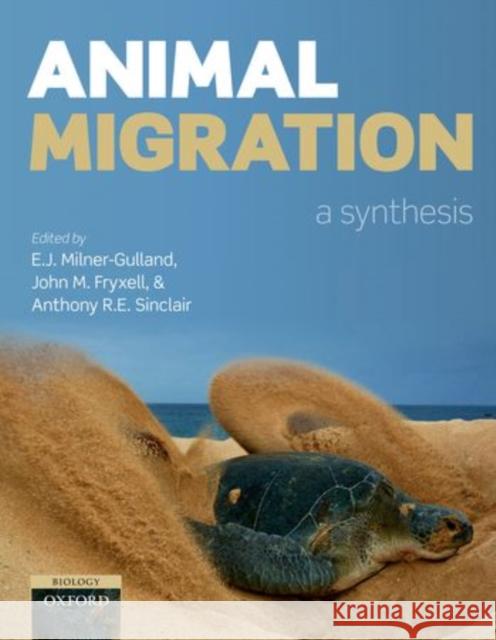Animal Migration: A Synthesis » książka
Animal Migration: A Synthesis
ISBN-13: 9780199568994 / Angielski / Twarda / 2011 / 304 str.
Despite the wealth of natural historical research conducted on migration over decades, there is still a dearth of hypothesis-driven studies that fully integrate theory and empirical analyses to understand the causes and consequences of migration, and a taxonomic bias towards birds in much migration research. This book takes a comparative, integrated view of animal migration, linking evolution with ecology and management, theory with empirical research, and embracing all the major migratory taxa (including human pastoralists). The scope extends beyond the target organism to consider the ecosystem-level dynamics of migration. The emphasis is on exciting new research avenues that are now opening up, whether due to advances in our understanding of migration as a biological phenomenon or through the availability of a range of new technologies.
Broad themes that emerge include integrating migration into the broad spectrum of movement behavior, the need for a comparative and cross-taxonomic approach that considers migration at a range of temporal and spatial scales, and examination of the key roles of resource uncertainty and spatial heterogeneity in driving migratory behavior. The book identifies the potential for new tools to revolutionize the study of migration, including satellite-tracking technology, genomics, and modeling - all of which are linked to increasing computing power. We are now on the verge of a breakthrough in migration research, which is crucial given the multiple threats that face the conservation of migration as a phenomenon, including climate change.











